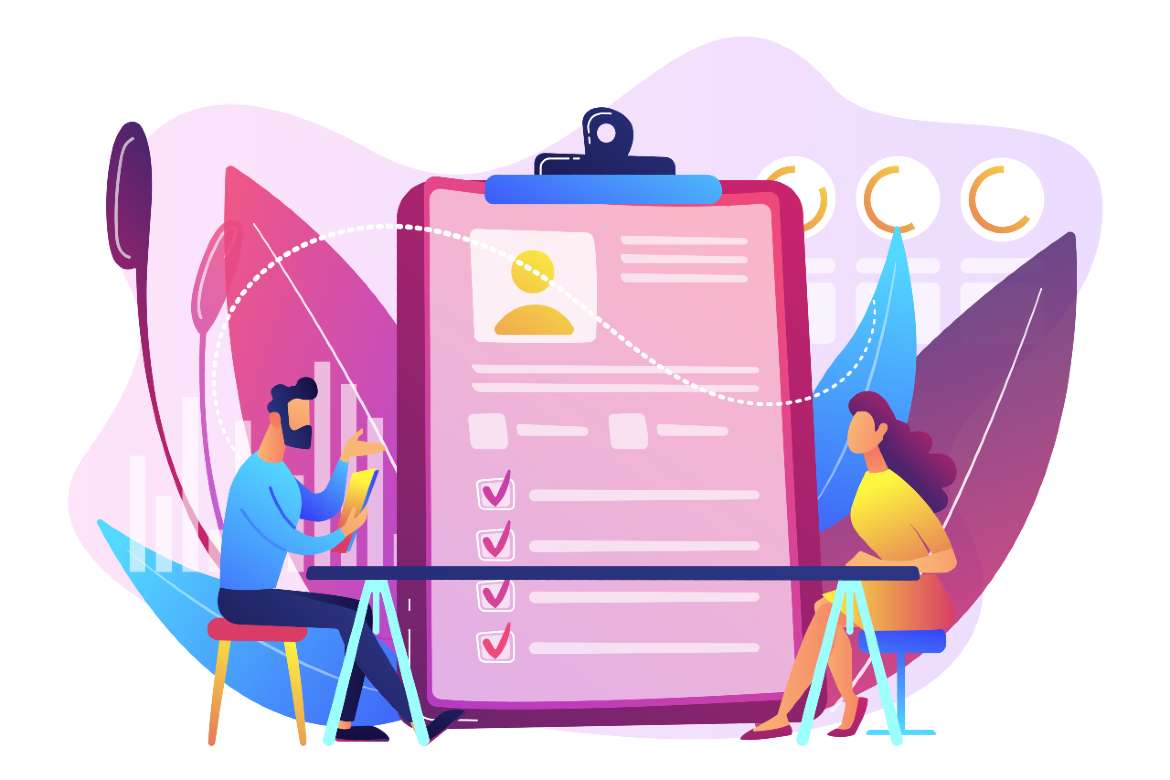
Pointers On Post-Interview Etiquette For Employers
Posted on:
by Sean Whelan
Job Interview Preparation
There are many things to consider when talking about post-interview etiquette, especially when it's from an employer's perspective.
Over the years in recruitment, I learned how important it is for an employer to have a high standard and good post-interview etiquette with their candidates as this not only creates a good impression and builds a positive employer brand and it makes the whole process run more efficiently. The impression the candidate has of the company has become a critical factor contributing to the offer acceptance rate, as a company could provide the ideal salary and glorious benefits, but if the candidate feels like their time and energy have been taken for granted, they will most likely look for opportunities elsewhere.
What Can Employers Do To Improve Post-Interview Etiquette

-
Timing- This is the most important thing to highlight. Employers will lose talent if they are not quick with their feedback.
-
Constructive Feedback- You are representing your employer brand, and you have to be 100% transparent with the candidates that you interview. They always appreciate honesty as this helps them better their interviewing skills for future processes. Letting them know why they didn’t make the cut can also help them work on certain aspects of their skills to prepare better for when a similar opportunity comes their way.
-
Answer Uncertainty- I see this a lot, in particular when a candidate completes their interview but still has some questions to ask. Good post-interview etiquette from an employer can prevent uncertainty and confusion early on in the interview process. A great way to avoid this uncertainty would be for employers to engage with their candidates after their interview or add an extra step to the process to allow time for the candidate to ask follow-up questions helping them choose the right career path.
-
Post-Interview Administration- Employers need to get their scheduling aligned post-interview with the candidate to continue the process and make it as smooth as possible. Some helpful tools that can be used to make this easier are the likes of Workday, Greenhouse or Lever. Well worth checking them out.
Reflecting on the above bullet points, for an employer the end goal here is to attract talent as well as sell themselves within the market in a positive way through remuneration packages, benefits, or career progression. Having good etiquette for not only post-interview but the interview process as a whole.
Sharing Examples Of Poor Candidate Experience

The reason I listed “timing” as the 1st bullet point above is because I see this being an issue all the time over my years in recruitment. Time and again I see candidates interviewing for various different roles while waiting for feedback on their interview. These candidates had other processes in the background as you would usually assume with how the competitive IT market is right now. By the time they received feedback, those candidates had finished other processes and had signed the offer letters. They were gone. Allowing slow feedback to prevent you from making critical hires and attracting top talent is simply not acceptable.
This is one of the most critical examples I have to share since I witness it so often. This is an easy way to lose great talent, but the good news is that the solution is an easy fix as well. Employers need to build consistency into their processes and account for good timing. This will improve candidate experience, build a positive employer brand within the market, attract talent and beat the competition.
You would be surprised to find that some candidates that I speak with would refrain from interviewing with certain employers due to the nature of their interviewing process. Diving into this issue further, I've gathered insights from numerous conversations with candidates who expressed frustrations such as prolonged waits for feedback, inadequate post-interview follow-up, or overly drawn-out interview processes. These experiences often stem from employers being complacent at various stages of the interview process, ultimately affecting candidate perceptions and decisions.
Another example I can share relates to my point of providing fair, thorough and timely feedback. In particular, I can remember a client who wanted all Software Engineers to complete a technical task at home. They would work on it over a few days, submit it and this was assessed to determine if they would progress to the next round. The task was deliberately vague so you could feasibly spend 2-3 hours on it or 35-40 hours. We did see candidates spending upwards of 30-40 hours on this task. But the client only ever provides a ‘fail’ in response, if they don't proceed. Can you imagine the level of negative feeling that candidate will have towards that company. You can see how this feels like there is no appreciation for the time and energy and effort that the candidate has put in. The damage to their reputation in the talent market was significant.
To sum up this topic, I would suggest that employers should never take the interviewing process for granted and I recommend implementing a thorough and streamlined process so you are ahead of your competition. Losing candidates to completely avoidable things can be frustrating but can be easily addressed with a structured approach.
I enjoyed discussing this topic and if you would like to have a further conversation or perhaps discuss your next career move feel free to reach out to us.






